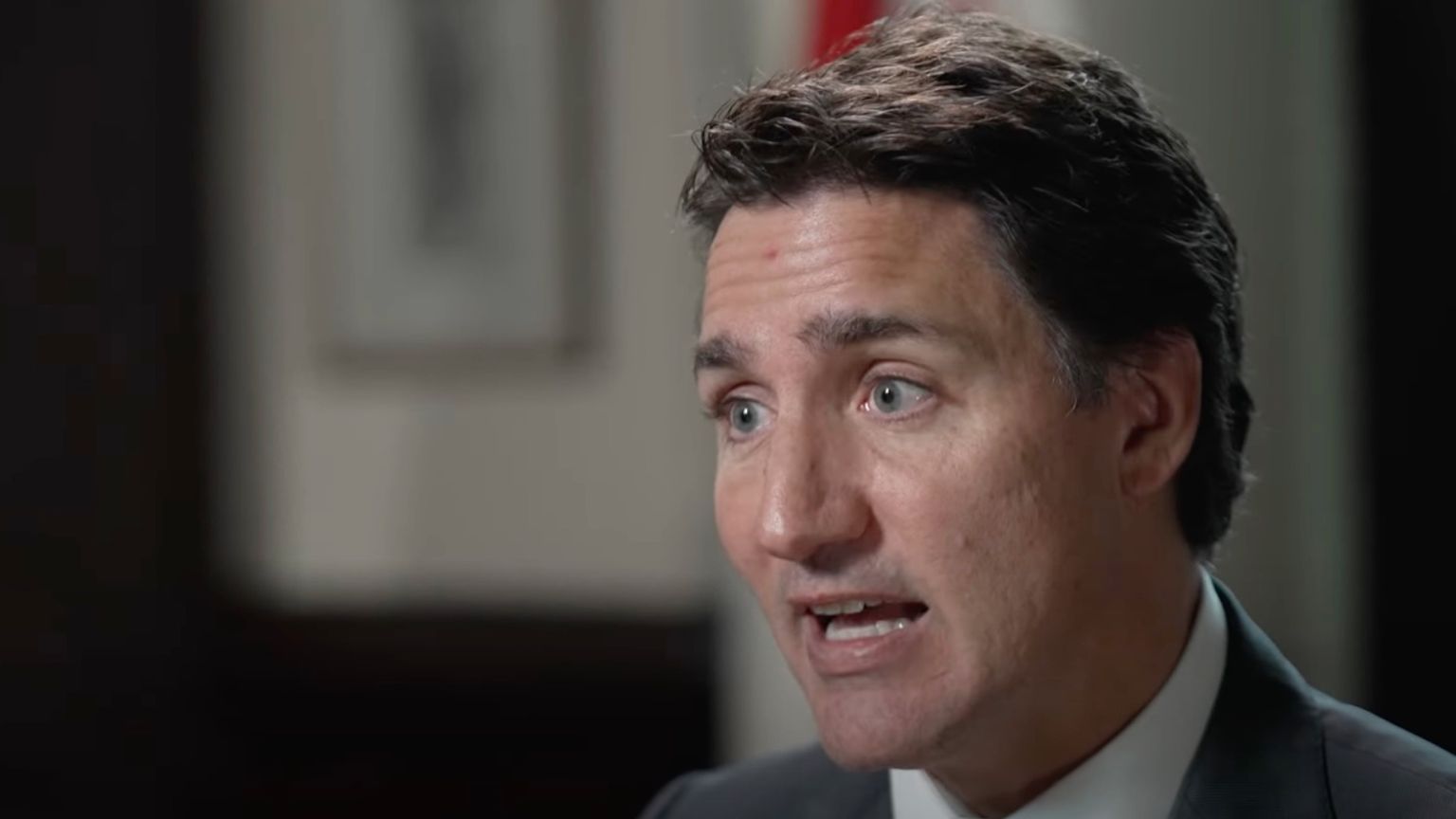The Canadian Radio-television and Telecommunications Commission (CRTC) has just revealed new draconian regulations, requiring all digital platforms that transmit audio or visual content and meet a certain earnings benchmark to register with the government agency before the end of November.
This new set of rules symbolizes a further restriction on free speech and an encroachment on the principle of internet openness, turning the digital world into an area under government watch.
Under these newly released regulations, a myriad of online platforms – from streaming services to social media and even subscription-based television – will be brought under governmental umbrella if they meet a revenue threshold in Canada.
Traditional radio stations and podcast services that live-stream online will not escape from the regulatory requirement either. However, platforms generating “less than $10 million in annual broadcasting revenues in Canada,” along with video games and audiobook services, will not be subjected to this rule.
This new policy unveiled by CRTC is a part of the agency’s implementation of the controversial Online Streaming Act that also forces private online media companies such as Netflix to financially contribute to Canadian content.
The legislation, also known as Bill C-11, sparked a heated debate when it suggested that user-generated content would come under the control of CRTC. Although the authorities reassured that content managed primarily by social media creators would be spared, the remaining part of the digital world is beginning to feel a heavy governmental hand.
To fulfill the new obligation, the platforms are required to provide the CRTC with their personal information, including their name, address, and contact details. Online broadcasting services offered by these organizations should be exposed to the regulator for inspection as well.
Despite advocating for transparency, could this not be seen as a covert form of government surveillance on individual privacy?
This regulation shows a governmental inclination towards exerting more control over the digital landscape, hence the worries about a potential threat to net neutrality and ultimately, freedom of speech.
The direction in which digital programing and social media are heading, stirred by governmental laws and authorities, may foreshadow an intense conflict between principles of individual freedom, free speech, and a tread into the uncharted terrains of digital censorship.










